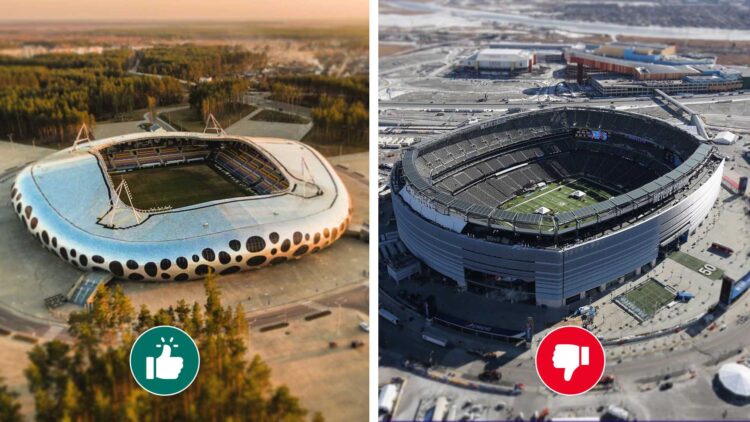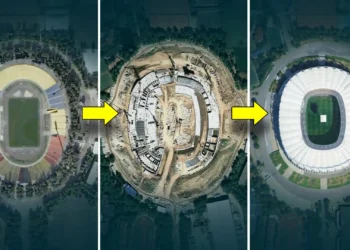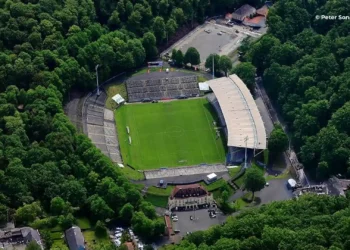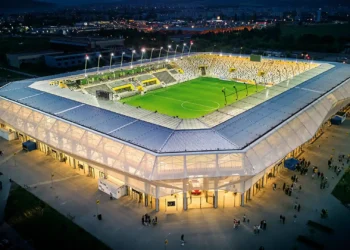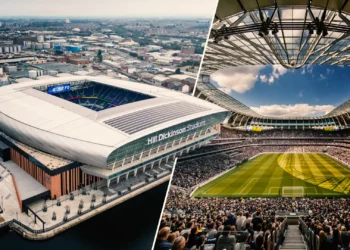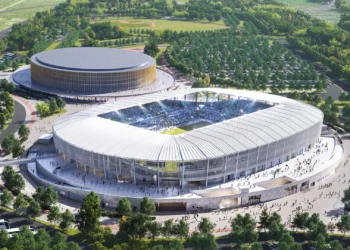When it comes to sports venues, bigger isn’t always better. Small stadiums offer a unique set of advantages that can enhance the overall experience for fans, players, and even the local community. Here are some reasons why small stadiums might be better than their larger counterparts:
Enhanced Fan Experience
Small stadiums create a more intimate atmosphere, allowing fans to feel closer to the action. The proximity to the field or court means that every cheer, chant, and play is felt more intensely. This closeness fosters a stronger connection between the fans and the players, making the experience more engaging and memorable1.
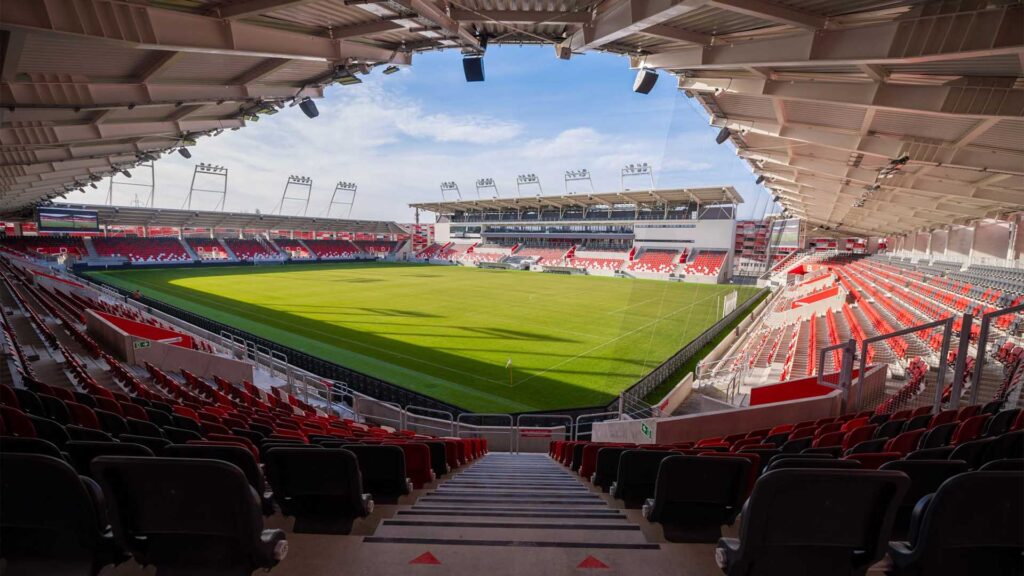
Better Acoustics
With fewer seats and a more compact design, small stadiums often have superior acoustics. The sound of the crowd can be more concentrated, creating a louder and more vibrant atmosphere. This can be particularly advantageous for home teams, as the noise can be intimidating for visiting teams2.
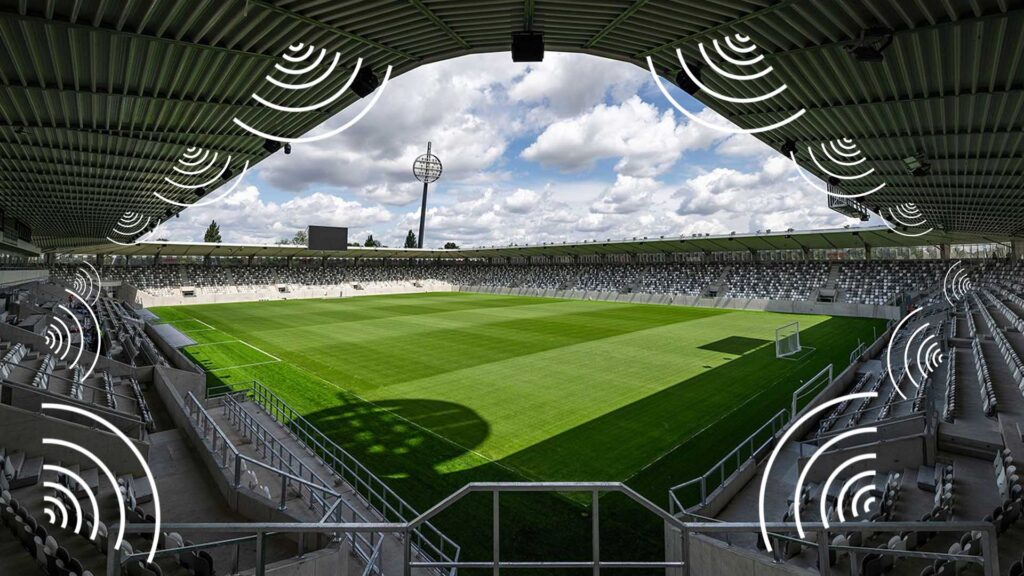
Community Engagement
Small stadiums are often located within communities, making them more accessible to local fans. This can foster a sense of community pride and ownership. Local businesses can also benefit from the increased foot traffic on game days, boosting the local economy3.
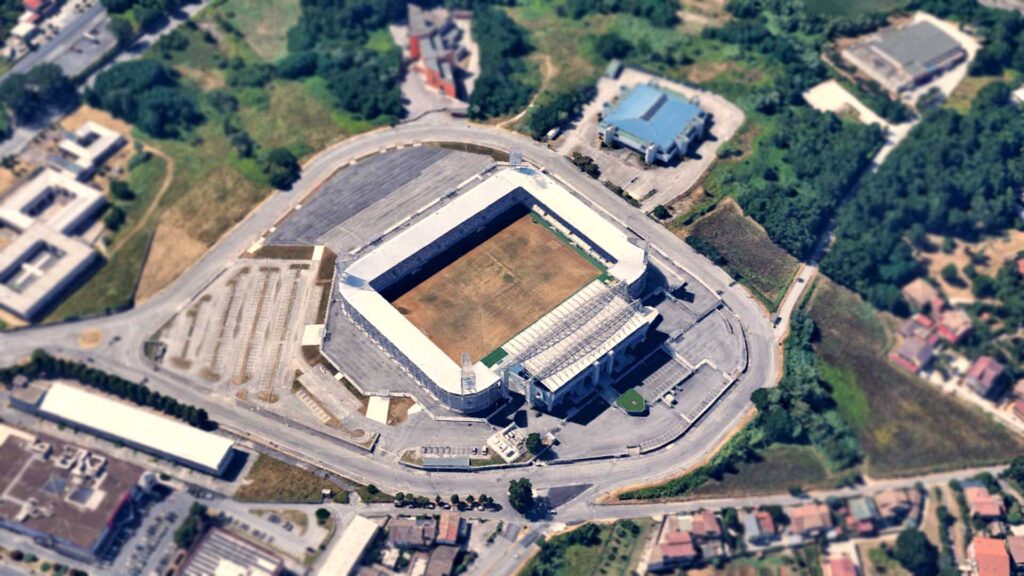
Cost-Effective
Building and maintaining a small stadium is generally more cost-effective than a large one. This can result in lower ticket prices for fans and reduced financial strain on the teams and municipalities that fund these projects. Additionally, smaller venues can be more sustainable, requiring less energy and resources to operate2.
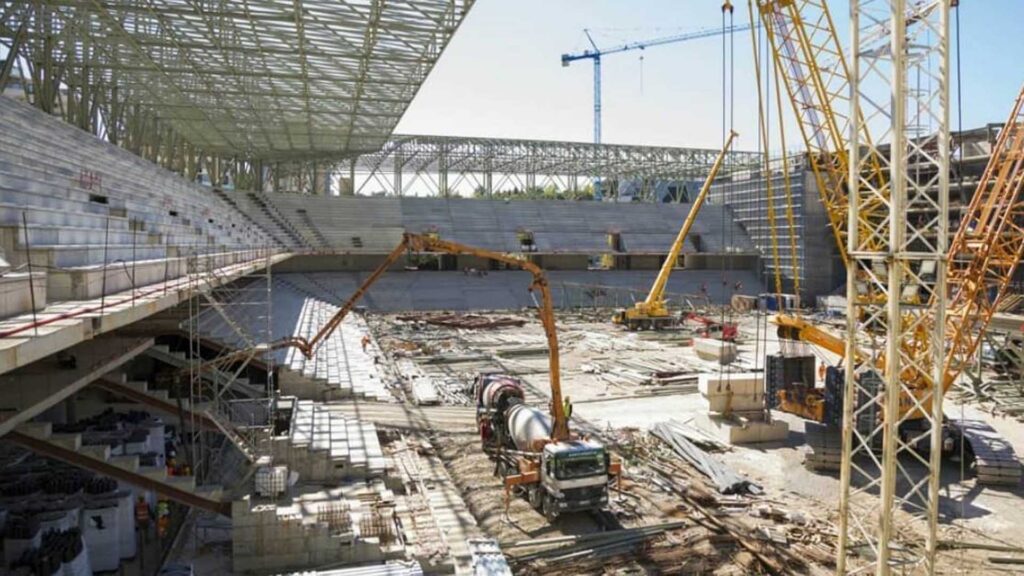
Versatility
Smaller stadiums can be more versatile in their use. They can host a variety of events beyond sports, such as concerts, community gatherings, and other entertainment events. This flexibility can make them valuable assets to their communities year-round1.
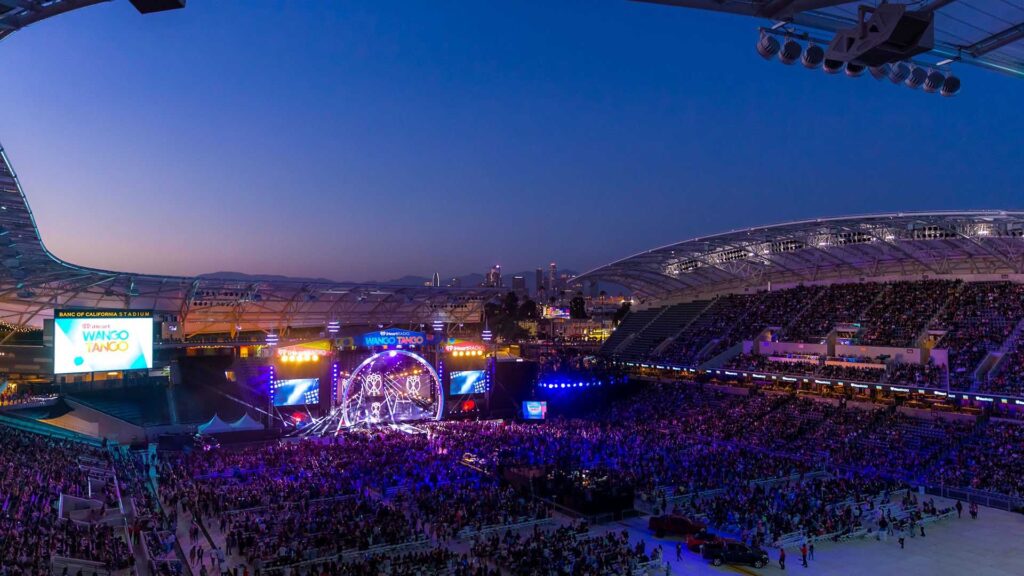
Improved Sightlines
In a small stadium, there are fewer “nosebleed” seats, meaning that more fans have a better view of the action. This can significantly enhance the viewing experience, as fans are closer to the field and can see the game more clearly2.
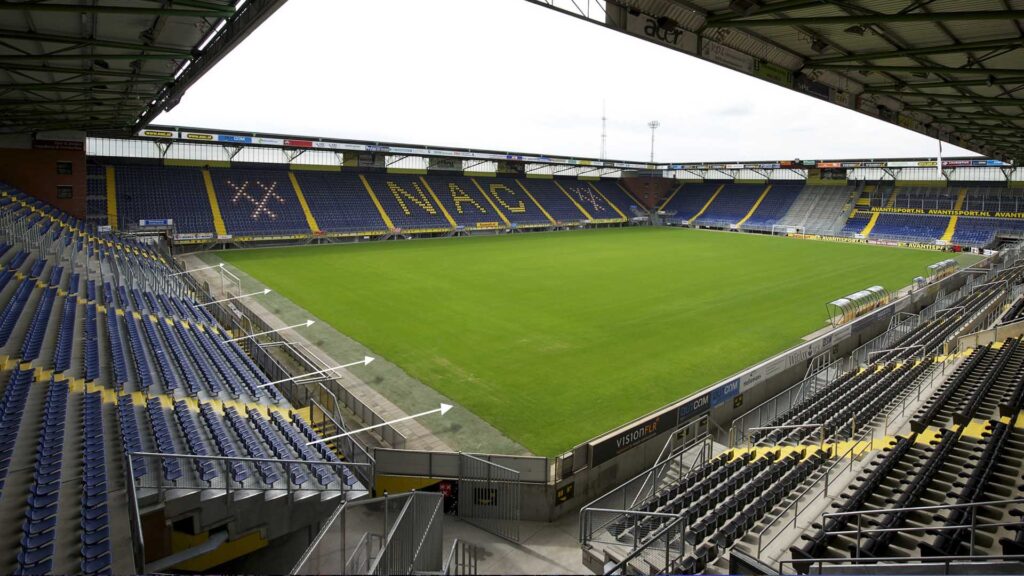
Easier Management
Managing a smaller venue can be simpler and more efficient. Security, maintenance, and crowd control are easier to handle, which can lead to a safer and more enjoyable experience for everyone involved.
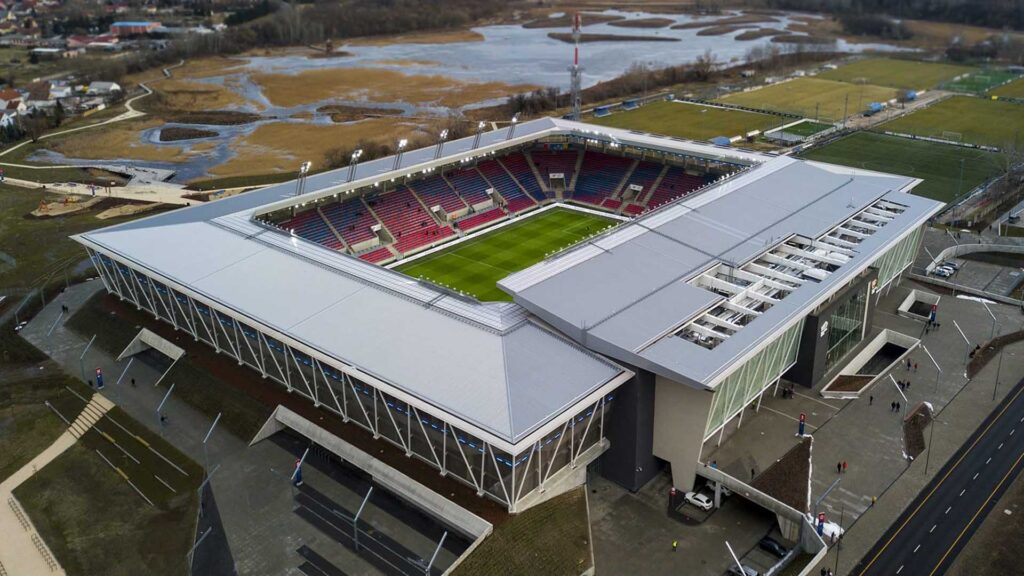
While large stadiums have their own set of advantages, small stadiums offer a unique and often superior experience for fans, players, and communities. Their intimate atmosphere, cost-effectiveness, and versatility make them a compelling choice for many sports teams and event organizers. As the trend towards smaller, more technologically advanced stadiums continues, we may see more of these benefits come to the forefront in the world of sports and entertainment.

